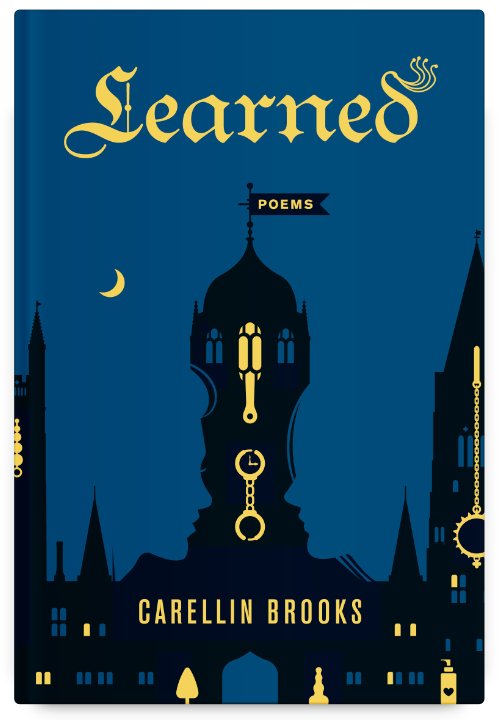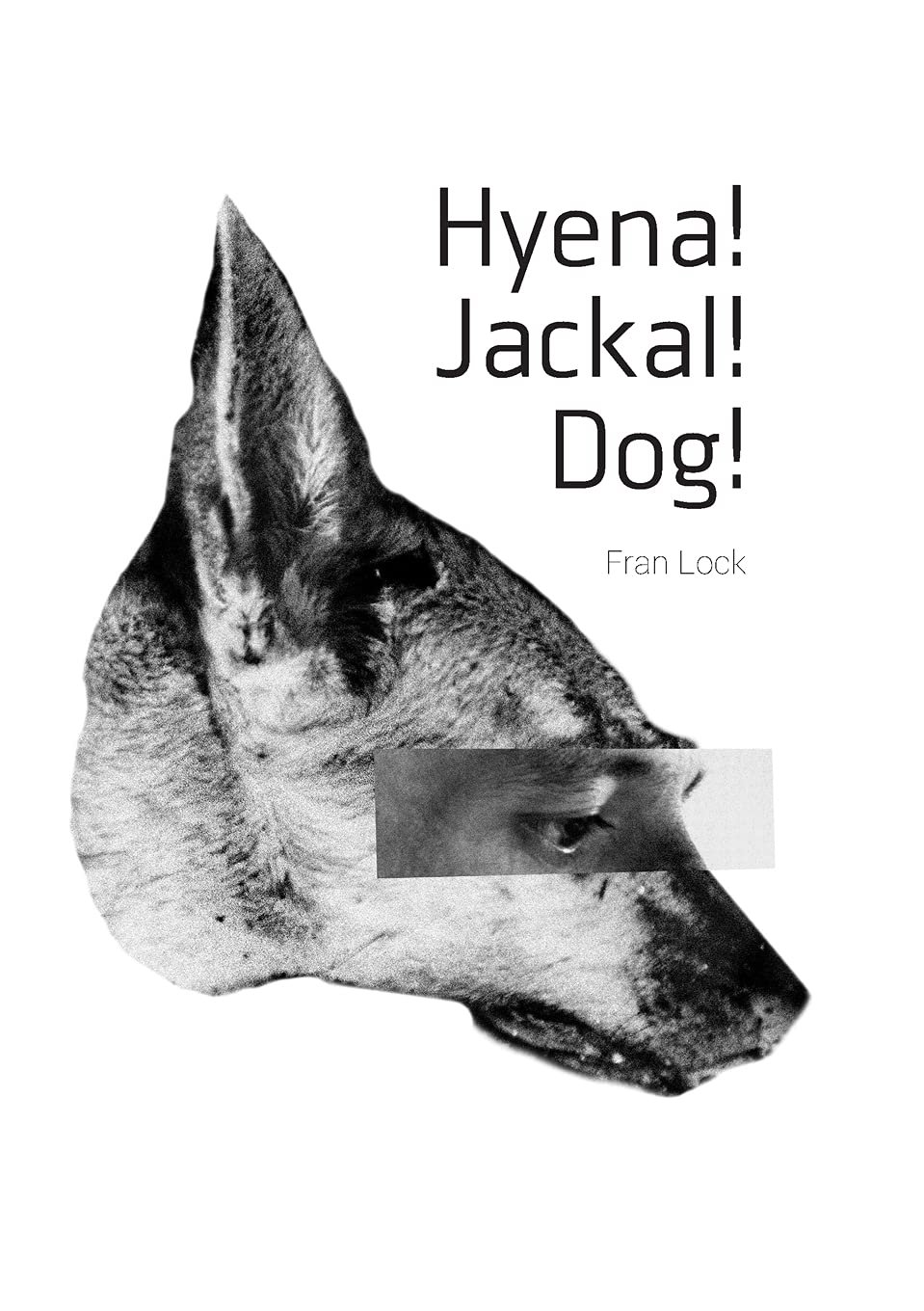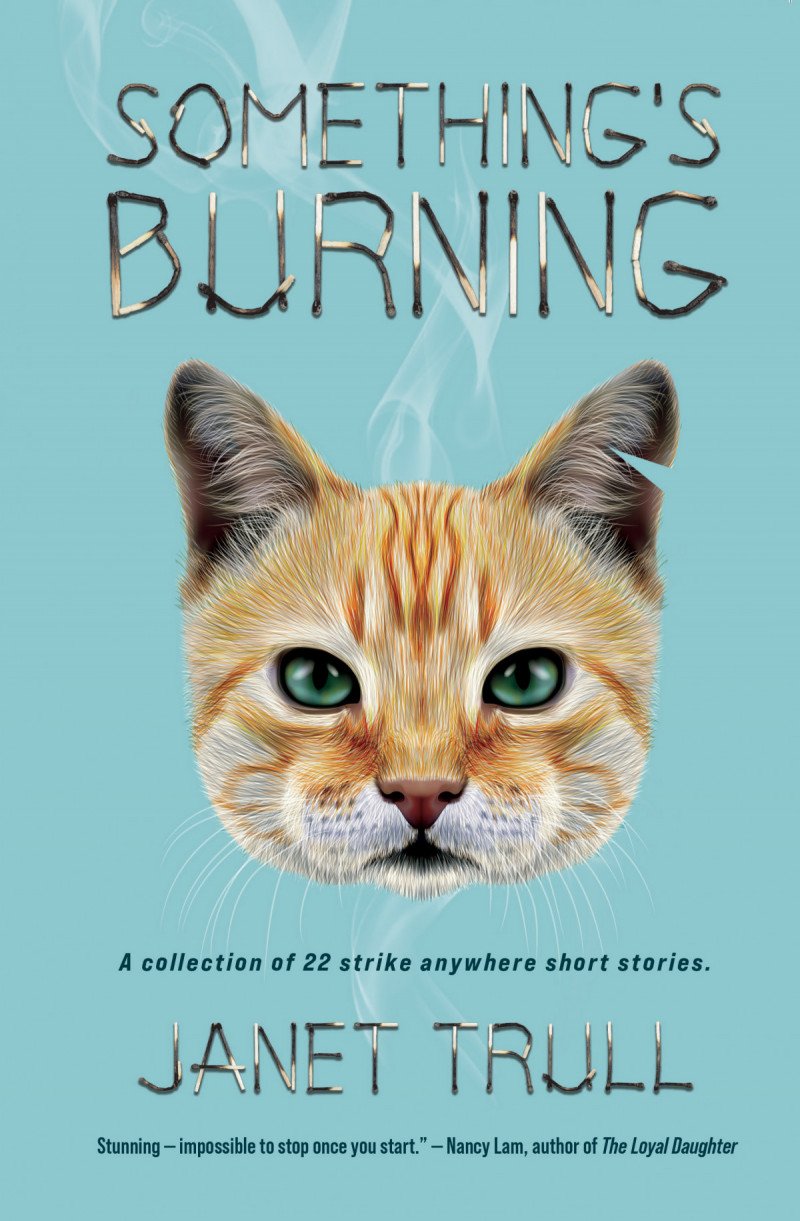Lest readers suspect where this Insistent Older Guy meets Naïve Younger Girl pairing is headed, Balcewicz never presents Judy as being in real danger with Maurice, even as readers sense her folly. Despite Maurice’s best efforts, Judy’s pursuit of him isn’t romantic, exactly.
Read MorePieces like these with their overtly modern references and language almost laugh at the absurdity of the monstrosity in queer fantasies and desires, eventually resulting in showcasing a brighter side to queer experiences.
Abiding to the rules of BDSM, she respectfully invites Brooks reader to participate in her story. The relationship between narrator and reader is therefore an entirely consensual one that allows the reader the privilege of opting out whenever they choose.
Fran Lock creates a one-of-a-kind narrative of beastly queers in their original sense of alienation.
Read MoreLike the best of travel companions, she nudges us to notice more of our surroundings, not just the bare sights and sounds but all they may conjure of nostalgia and perception.
Read MoreTrull’s narrator observes that “Northern Ontario, it turned out, was not ideal for cement swimming pools that are not winterized properly” — a line that will no doubt resonate with anyone familiar with the challenges of pool maintenance.
Read MoreDesire is the human craving not just for intimacy, but also for experience and knowledge, of which Nicole Brossard’s Avant-Desire—a fervent collection of poetry, fiction, and literary analysis—deliciously captures the core of this spirit.
In early poems, pliable, casual diction brings the town of Sappho to life, but its voices often buckle under the pressure of remembering. The repetition of key words builds a dialect of the rural outer woods, and descriptions of place become caught in a feedback loop.
Intimacy between two figures, or a self confronting itself as a self, regularly includes a tertiary figure, element, image, scene, or landscape that bursts out of bodies, phrases, or thoughts.
Throughout the collected poems of Queen and Carcass, Anna van Valkenburg returns again and again to the flesh, displaying its mortality but also connecting it to selfhood, power, and even magic.
North American cities have made a habit of continually suppressing the histories of Indigenous presence in urban areas, yet, through the context of Canada’s largest city, Indigenous Toronto challenges this notion by capturing the diverse and ever-changing nature of the Indigenous community in Toronto that never left and pushes onward.
Read MoreFrom the minute reflections of hands, Mudenyo moves to the cosmic, calling the universe “a kind weaver.” Mudenyo understands that sometimes this kindness needs to be moved: “pushing the expanse with both hands,” so that “the black ecstatic / takes me in / opens up / recognizing its kin.”
Shafi acknowledges the melodrama of a given moment that meant so much at the time, and instead of retrospectively saying it doesn’t matter now, she validates that experience for herself in front of the reader. The effect, as the book goes on, is luminous.
Murray’s illustrations of consequential plot points further add to the fun, combining with the novel’s zany, episodic sections to create a comic-book-like feel. Humour and cultural references aside, Dirty Birds offers a remarkably cynical take on the canonical male coming-of-age story, particularly those that spur Milton’s youthful thirst for adventure.
There’s just something so universal about being an emotional nomad that, once you’ve experienced it, you feel it in your soul when it arises in a story. There is a strong, common emotion in moving someplace where no one knows you and finding your way through.
Like sexuality itself in the novel, race and culture too defy easy classification. Both Priya and Prakash are diasporic Indians—Priya’s family moved to Trinidad long before her birth, and she came to Canada during college in search of a new life and identity.
Casey’s meandering sentences stretch moments without overstaying their welcome, keeping the pace light and breezy. Gorgeous scenes make even the dingy feel full and thick with sensory detail, causing trashy bars and fried chicken to sound sensual.
Read MoreWoven through analyses of “Beauty and the Beast” and “Snow White” are stories from the author’s personal experience with disability … and research on the origin eras of fairy tales.
Read MoreJokes aside, what raises You Suck, Sir above the mass-market humour genre are its countless insights into teaching and mentoring: Bae’s teachable moments include how both teachers and students can deal with bullying, misogyny, peer pressure, problems at home, and that traumatic first nasty YouTube comment.
Reading this book is like slipping in and out of a dream. One that connects to itself each night and you’re left to interpret the meaning between the blurry absences. It’s the type of book that positions the reader squarely in the narrative and requests that you take your turn to fill in the blanks when things are left out.




















